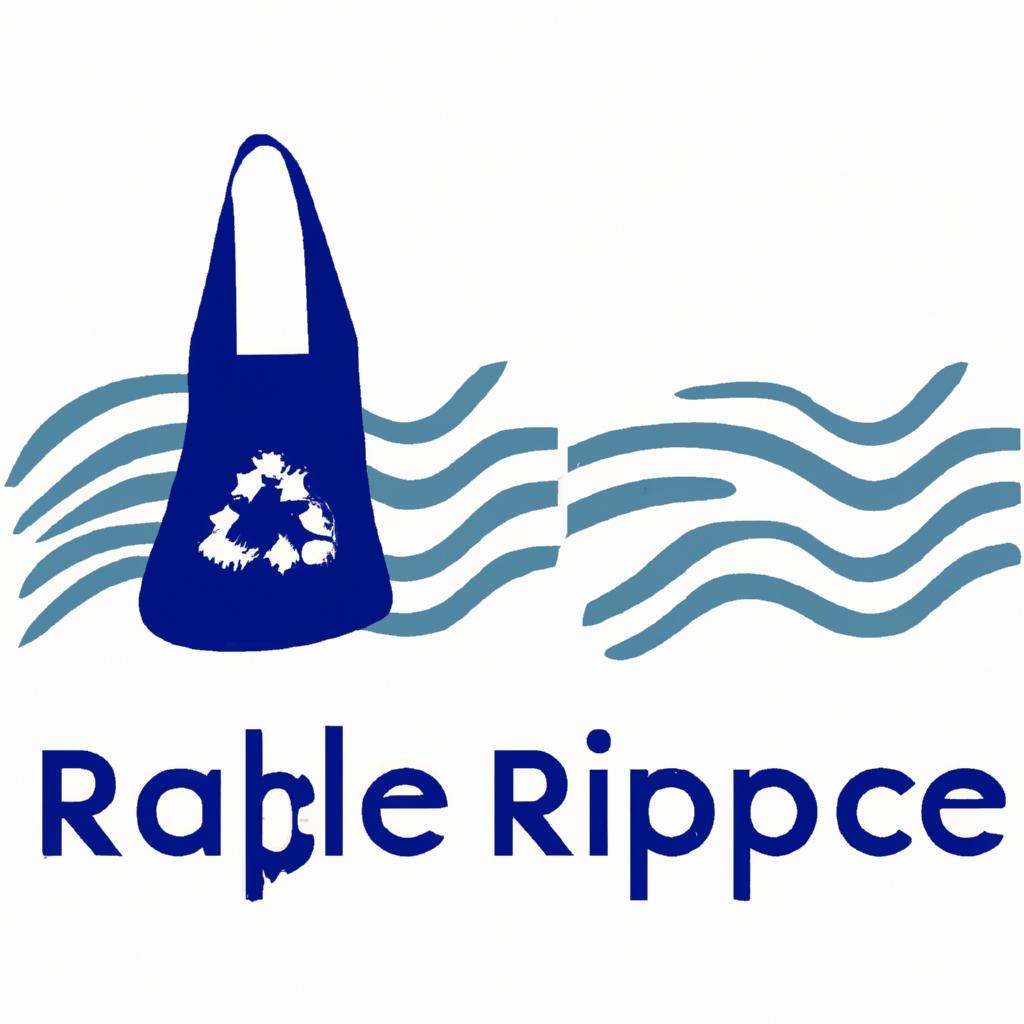In a world increasingly engulfed by the relentless tide of plastic pollution, every small action counts. Imagine a simple yet powerful choice: reaching for a reusable bag instead of accepting a single-use plastic one at the checkout. This seemingly inconsequential act has evolved into a symbol of environmental stewardship, representative of a growing movement towards sustainable living. As the repercussions of plastic waste ripple through our ecosystems, climate, and health, carrying your own bag emerges as a conscientious response—one that each of us can adopt. In this article, we delve into the significance of this small shift in behavior, exploring its ripple effects on the planet and how collective action can lead to monumental change. Join us as we unpack the global impact of choosing to go green, one bag at a time.
The Ripple Effect of Reusable Bags on Our Planet
The transition to reusable bags is more than just a simple lifestyle choice; it embodies a powerful movement towards environmental sustainability. By swapping out single-use plastic bags for durable alternatives, individuals contribute to a myriad of benefits for our planet. Each reusable bag has the potential to replace hundreds, if not thousands, of plastic bags over its lifetime, effectively reducing the demand for plastic production, which is one of the major contributors to carbon emissions. The impact of this shift ripples across various sectors, including wildlife conservation and waste management.
Consider the broader implications of this seemingly small action. The reduction in plastic usage helps in minimizing ocean pollution, where countless marine species fall victim to plastic entanglement every year. Furthermore, fewer plastic bags in circulation can significantly reduce landfill waste, as most plastic bags take hundreds of years to decompose. As communities embrace the reusable bag culture, the collective effort leads to decreased reliance on fossil fuels and less litter in our environment, fostering a cleaner, greener future for generations to come. The potential effects are substantial:
| Sustainable Benefits | Impact on Planet |
|---|---|
| Reduces Plastic Production | Less pollution from manufacturing |
| Less Ocean Waste | Protects marine life |
| Minimizes Landfill Waste | Lowered methane emissions from decomposing plastics |
| Encourages Eco-Friendly Practices | Shifts societal attitudes towards sustainability |

Transforming Shopping Habits for a Sustainable Future
The way we shop is undergoing a revolutionary change, with more people embracing the practice of bringing their own bags to stores. This small act is a powerful gesture against the rampant problem of plastic pollution. By opting for reusable bags made from materials like cotton, hemp, or recycled plastic, consumers are contributing to a significant decline in single-use plastic waste. The ripple effect of this choice transcends individual lifestyles, promoting community awareness and sparking larger movements towards sustainability. As more shoppers adopt this simple habit, the demand for environmentally friendly alternatives rises, challenging retailers to rethink their packaging strategies.
The impact of carrying your own bag can be measured in more ways than one. Consider the following benefits:
- Reduced Plastic Waste: Each reusable bag can replace hundreds of single-use bags over its lifetime.
- Lower Carbon Footprint: Manufacturing reusable bags typically requires less energy than producing disposable plastic bags.
- Cost Savings: Many retailers offer discounts for customers who bring their own bags, fostering a sense of community and shared responsibility.
To visualize the broader scope of this movement, the table below highlights the reduction potential of switching to reusable bags:
| Bag Type | Single-Use Bags (Lifetime per Bag) | Reusable Bags (Lifetime per Bag) |
|---|---|---|
| Plastic Bags | 100 | 0 |
| Paper Bags | 20 | 0 |
| Fabric Bags | 0 | 700+ |
As this paradigm shift unfolds, the collective responsibility grows more critical than ever. By transforming our shopping habits—one reusable bag at a time—we can pave the way towards a cleaner, greener planet, encouraging others to join in and advocate for sustainable practices. The time for change is now, and it starts with each one of us.

Empowering Change Through Personal Responsibility and Community Action
Every small action contributes to a larger movement, and carrying your own bag is an excellent example of this principle in action. When you choose to bring your reusable bag to the store, you’re not just making a practical choice—you’re actively participating in a worldwide effort to reduce plastic pollution. Each time you say no to single-use plastic, you send a clear message about the value of sustainability and personal responsibility. This individual choice has the power to inspire others in your community, creating a ripple effect that encourages friends, family, and local businesses to adopt eco-friendly practices.
Moreover, the impact of carrying your own bag extends beyond just individual effort. It fosters a sense of community, uniting people who share a common goal of reducing environmental waste. Consider the following ways individual actions can spark collective change:
- Social Influence: Your commitment to a reusable bag may inspire others to do the same.
- Local Awareness: Engaging in dialogues about sustainable practices promotes community education.
- Policy Change: Increased demand for better environmental policies often stems from grassroots movements motivated by individuals.
To illustrate the broader impact of reducing single-use plastics, here’s a simple table that highlights the difference in waste produced by using reusable bags versus single-use bags:
| Bag Type | Average Lifespan | Plastic Waste Produced (per year) |
|---|---|---|
| Single-Use Plastic Bag | Minutes | 500 billion |
| Reusable Bag (Cotton) | Years | 0 |
Your choice to carry a reusable bag is a small yet significant step that empowers change on multiple levels. By embracing personal responsibility and motivating those around you, you play a crucial role in building a more sustainable future.
Wrapping Up
As we tie the proverbial knot on our exploration of the simple yet impactful act of carrying our own bags, it becomes evident that this small change resonates far beyond individual choices. Each time we opt for a reusable bag, we join a global chorus calling for a cleaner, healthier planet. Our actions, seemingly minuscule in the grand scheme, collectively stir the tides against the overwhelming tide of plastic pollution.
By embracing the philosophy of “Go Green,” we not only lighten our personal carbon footprints but also pave the way for sustainable habits that can influence communities and ecosystems worldwide. The journey toward a greener future is not a solitary endeavor; it is a shared commitment that extends through generations.
As we step out into our daily lives, let us carry not just our belongings, but also our responsibility to protect the Earth. The next time you reach for a reusable bag, remember: you are not just making a choice for today; you are investing in a legacy of awareness and preservation for tomorrow. Together, let’s weave a narrative of sustainability—one bag at a time.
